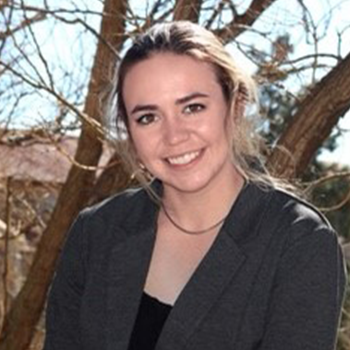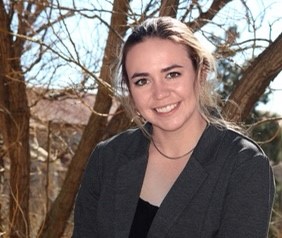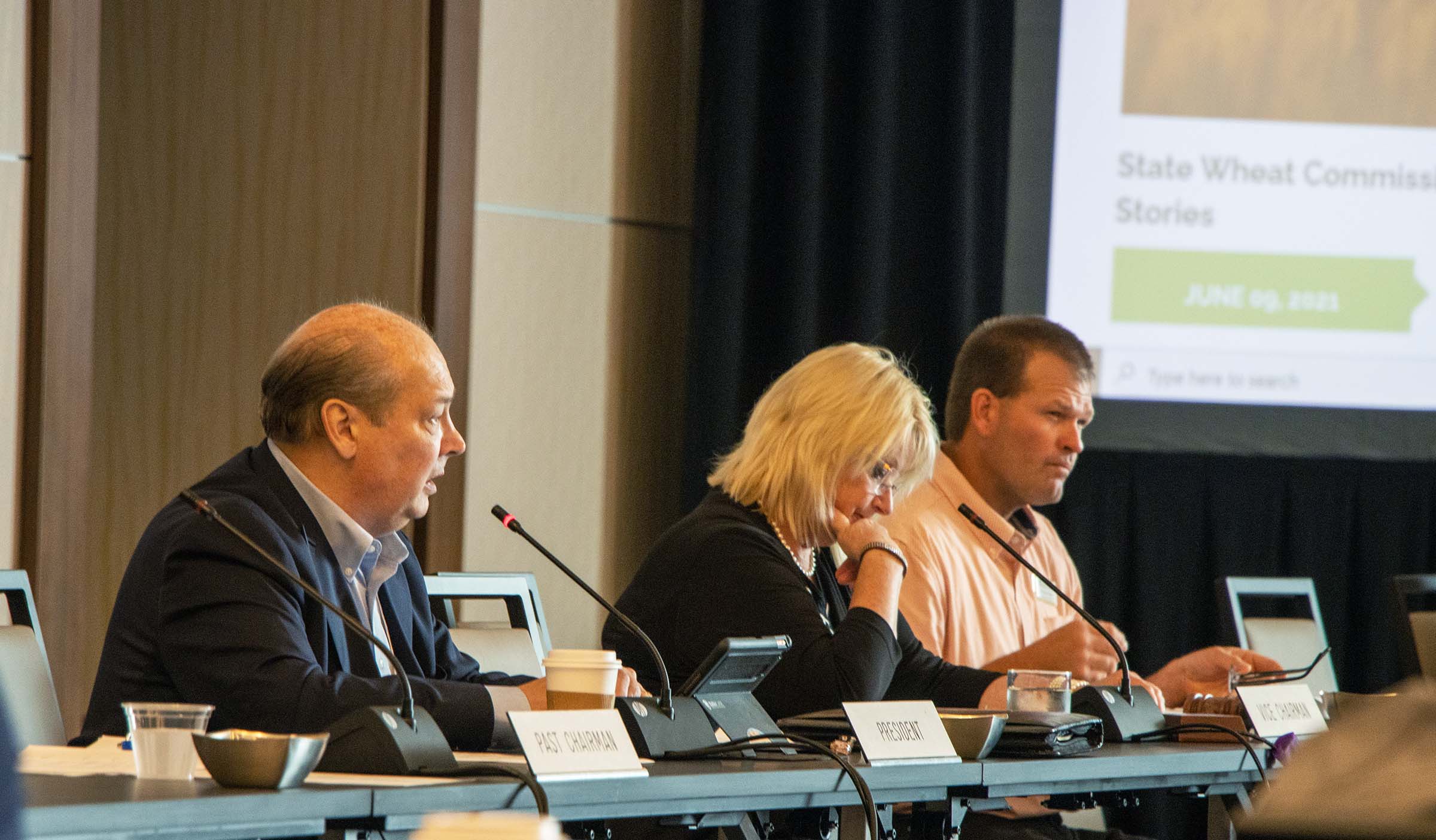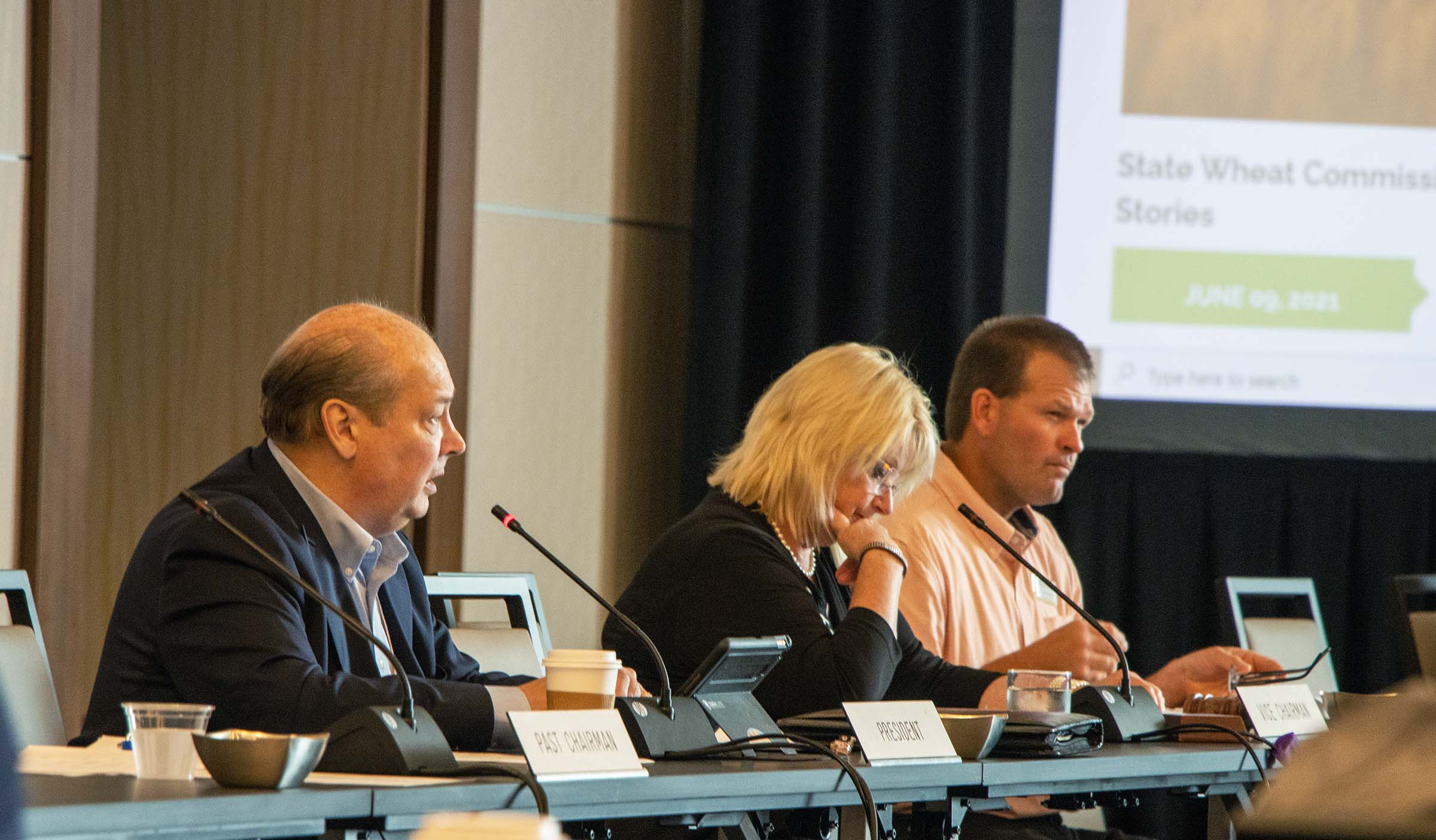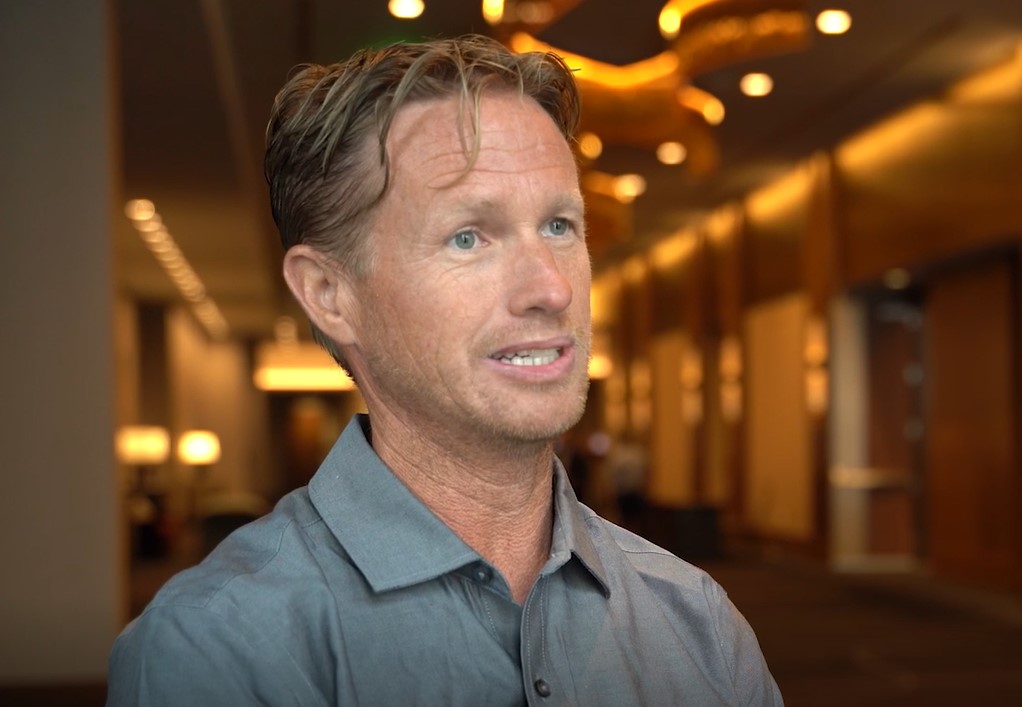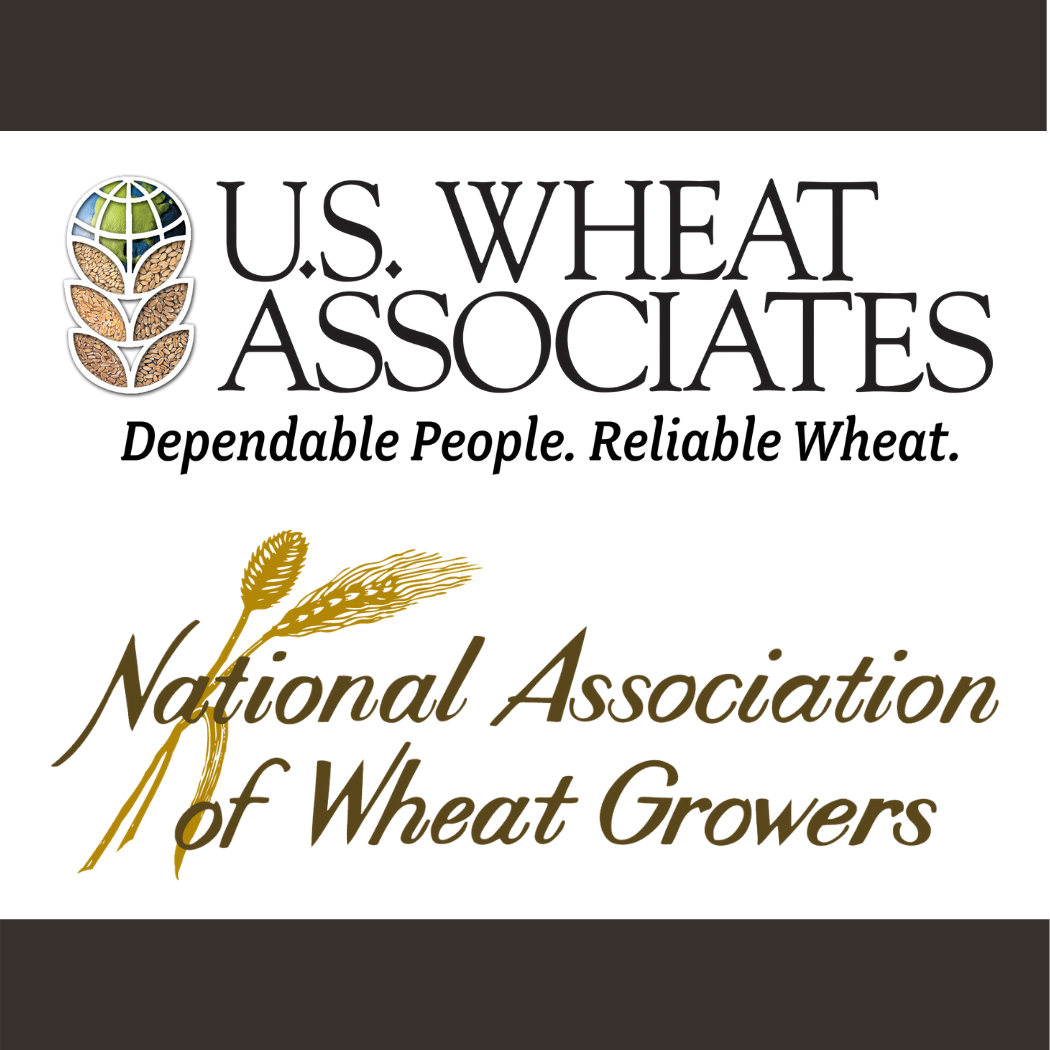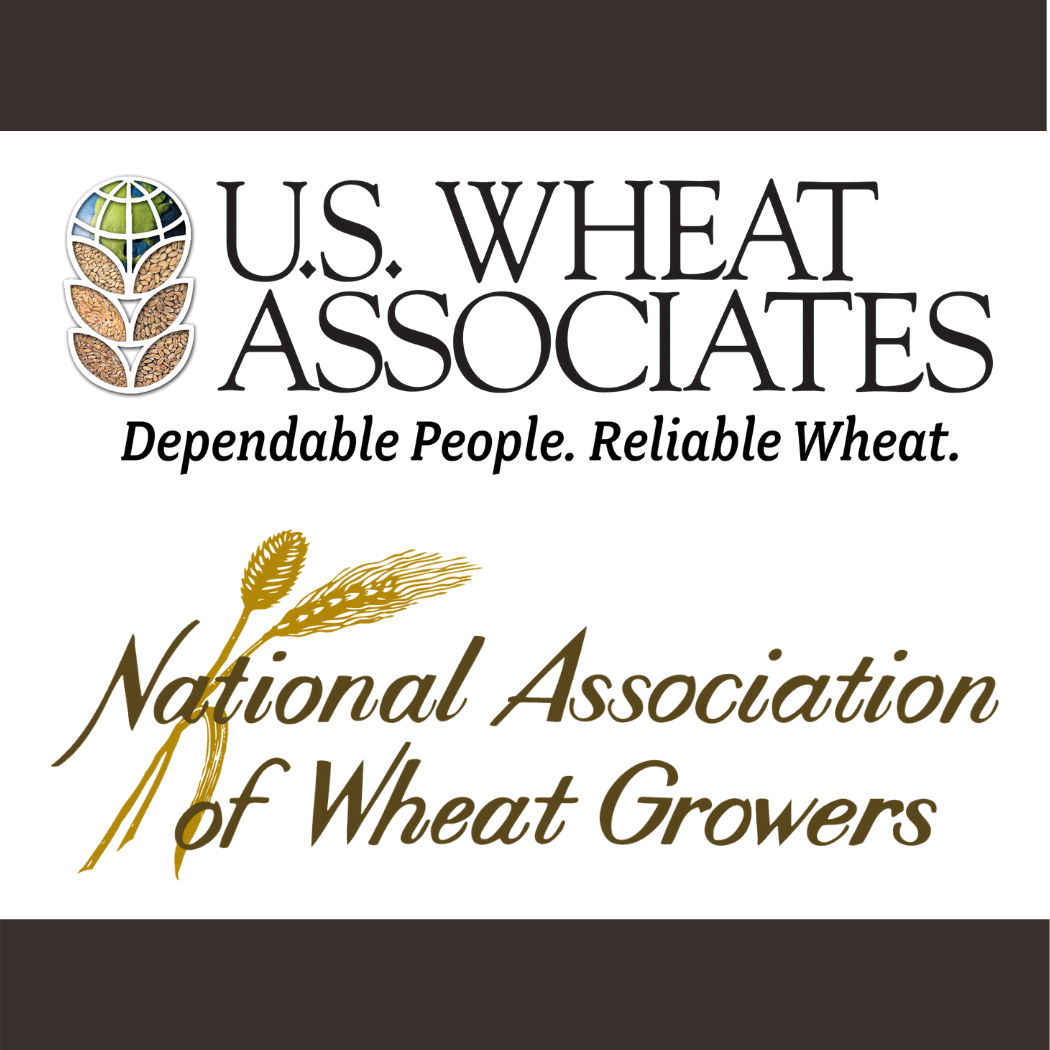ARLINGTON, Virginia — Today’s announcement that Vietnam’s government will eliminate a 3 percent U.S. wheat import tariff effective December 30, 2021, is welcome news to producers at home and their customers and wheat food processors in Vietnam.
As we reported in August 2021, U.S. Wheat Associates (USW) and the National Association of Wheat Growers (NAWG) appreciate the efforts by the Biden Administration, USDA’s Foreign Agricultural Service (FAS) and Vietnam’s Ministry of Finance toward eliminating this tariff, which follows a reduction from 5 percent to 3 percent in July 2020.
Vietnam imported more than 500,000 metric tons of U.S. hard red spring, soft white, hard red winter, and soft red winter wheat valued at $129 million in marketing year 2020/21, second in volume only to Australia. Vietnam imports an average of about 4 million metric tons of wheat per year.
“U.S. wheat exports to Vietnam’s growing market are much slower so far this year because of short supplies and rising prices, so eliminating this tariff is very important for growers like me,” said Darren Padget, USW Chairman and a soft white wheat grower from Grass Valley, Ore.
“With about half of the wheat we produce available for export each year, we depend on increasing access to markets like Vietnam,” said Dave Milligan, NAWG President and a wheat grower from Cass City, Mich. “Here at home, NAWG will continue advocating for trade policies that work toward positive opportunities for wheat growers and their customers.”
# # #
About USW
U.S. Wheat Associates’ (USW) mission is to “develop, maintain, and expand international markets to enhance wheat’s profitability for U.S. wheat producers and its value for their customers.” USW activities in more than 100 countries are made possible through producer checkoff dollars managed by 17 state wheat commissions and cost-share funding provided by USDA’s Foreign Agricultural Service. USW maintains 15 offices strategically located around the world to help wheat buyers, millers, bakers, wheat food processors and government officials understand the quality, value and reliability of all six U.S. wheat classes. For more information, visit www.uswheat.org.
About NAWG
NAWG is the primary policy representative in Washington D.C. for wheat growers, working to ensure a better future for America’s growers, the industry and the general public. NAWG works with a team of 20 state wheat grower organizations to benefit the wheat industry at the national level. From their offices on Capitol Hill, NAWG’s staff members are in constant contact with state association representatives, NAWG grower leaders, Members of Congress, Congressional staff members, Administration officials and the public.

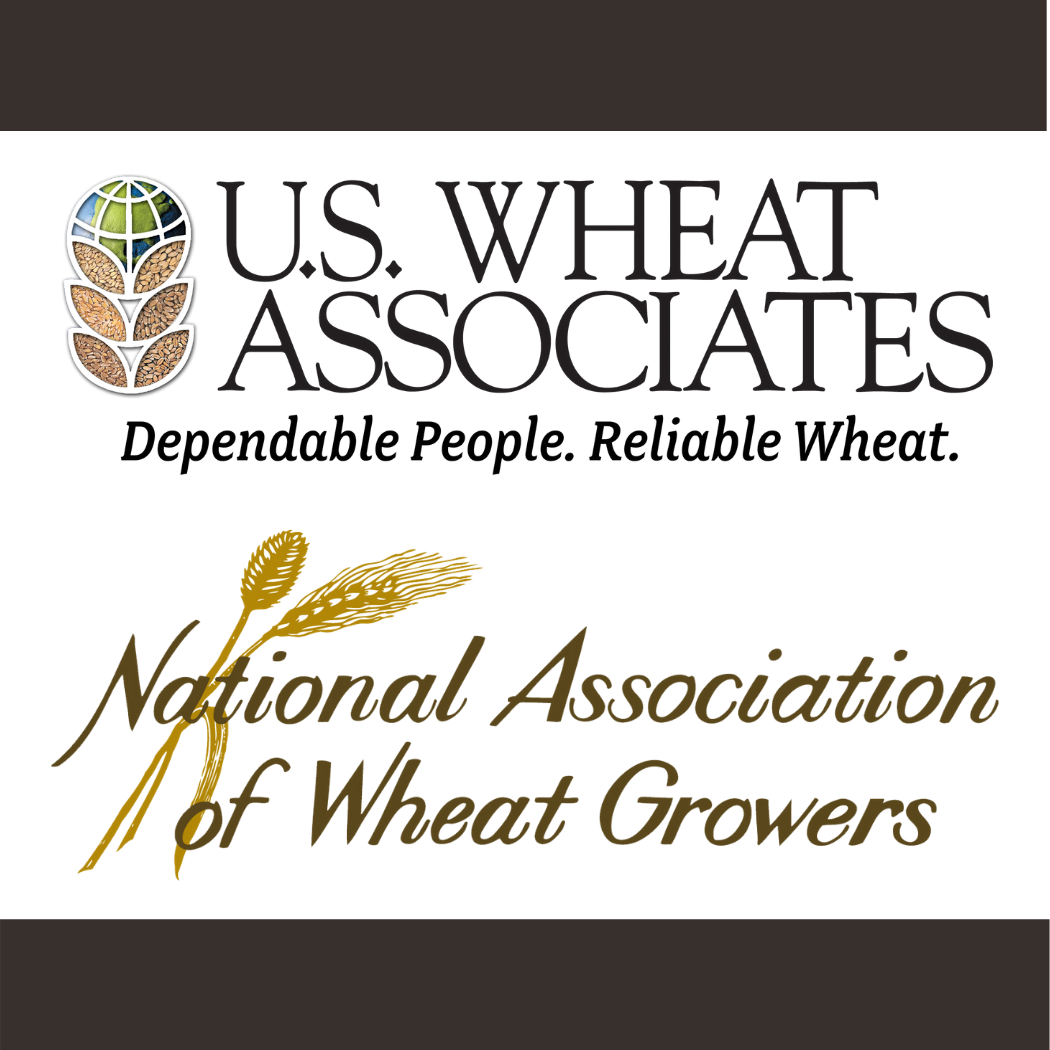


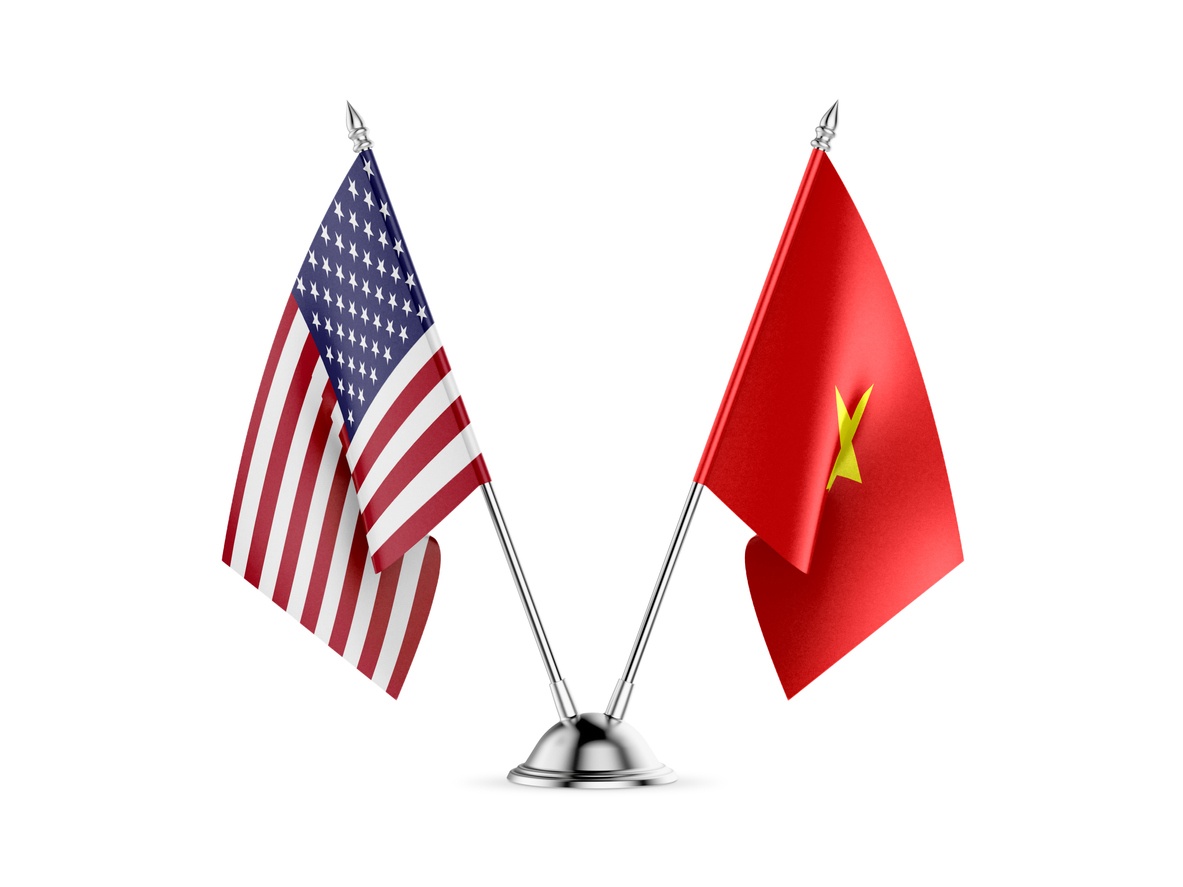
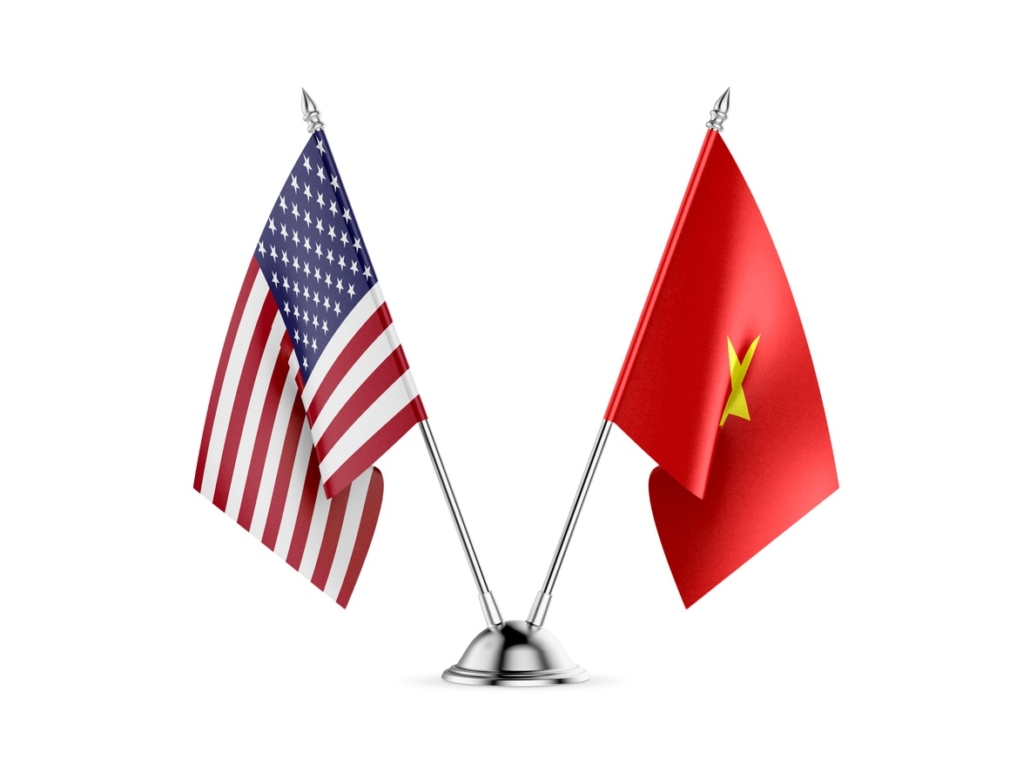 Despite the tariffs, Vietnam’s imports of U.S. hard red spring (HRS), soft white (SW) and hard red winter (HRW) wheat exceeded 500,000 metric tons in marketing year 2020/21, second in volume only to Australia. Vietnam currently imports an average of more than 3 million metric tons of wheat per year.
Despite the tariffs, Vietnam’s imports of U.S. hard red spring (HRS), soft white (SW) and hard red winter (HRW) wheat exceeded 500,000 metric tons in marketing year 2020/21, second in volume only to Australia. Vietnam currently imports an average of more than 3 million metric tons of wheat per year.